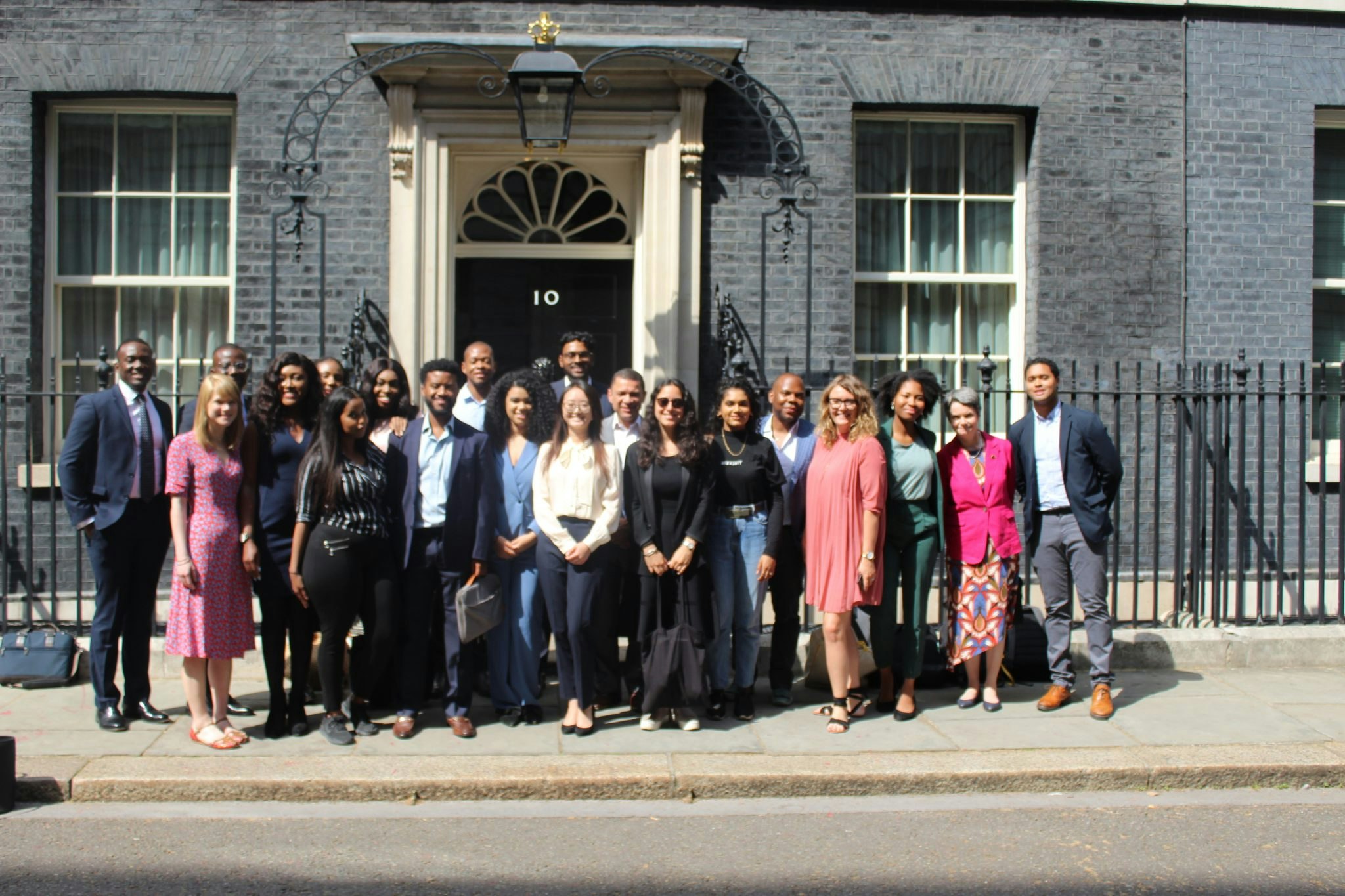Josué Louis-Alexandre grew up in French Guiana without internet and, aged 12, hacked a Sony Ericsson 2G phone to build an internet connection using Bluetooth. He later founded an award-winning hardware startup whilst working part time at McDonald's, before becoming interested in VC work.
Louis-Alexandre has a wealth of knowledge about investment and tech; but he’s not your typical venture capitalist from an elite school and an MBA. There are, in fact, few people like him in the whole industry. In the UK, for example, fewer than 1% of decision-making VC partners are black.
But Louis-Alexandre is now part of a fellowship that wants to change that: Included VC. The idea is to take fellows from diverse backgrounds from around the world and give them nine months of intensive training in preparation for working in VC firms.
The scheme is backed by 11 funds, including HSBC Ventures, Creandum, Microsoft’s Venture Fund and Notion Capital.
The fellowship has just selected 48 individuals from around the world selected to take part in the second cohort — 52% of them are female, 31% of them are black, 31% are Asian, 30% are neurodiverse and 17% are from the LGBT community.
Louis-Alexandre, who now lives in Paris, explains that he was drawn to the programme because of how the application process worked.
“It gave me the opportunity to show that even though I didn’t graduate, or go to an elite school, there are still parts of my experience that bring value,” he says.
As part of the fellowship, the cohort are given masterclasses and mentoring from investors, as well as taking part in simulated investment committees and networking events.
Out of last year’s cohort — the scheme’s first — five fellows are now employed at VCs, seven of them came together to build their own fund, three have gone into angel investing, and others have founded their own startups.
“Our vision is that there is no longer a need for Included VC to exist after a decade has passed,” explains Nikita Thakrar, the scheme’s director. “We fundamentally believe that diversity (in all forms) and inclusion is one of the most vital issues VC must tackle in collaboration as one global ecosystem.”
Despite his belief in the value of increasing the diversity of those involved in investment — through things like the fellowship — there are other things Louis-Alexandre would like to see change.
“The first step in promoting diversity is getting more diverse individuals into the ecosystem, but the more important second step is expanding what it means to be an entrepreneur, and that it’s not just about pursuing unicorns.”
The problem with the wider tech scene, he says, is that it’s focused on only one sort of investment — companies that can become unicorns.
The kinds of people who pursue unicorn startups are usually those who are ambitious, but they also tend to be those who are privileged.
“The kinds of people who pursue unicorn startups are usually those who are ambitious, but they also tend to be those who are privileged. You can’t be ambitious if you don’t eat well, or if you don’t have a roof over your head, or if your basic needs aren’t met,” he says.
This means that, with VCs focused finding unicorns, they’re missing out on hearing from other types of entrepreneurs, and this is where diversity is compromised.
Thakrar also believes there are other changes that need to be made for diversity to become commonplace.
“There are changes VC firms can make to tackle this issue from within,” she says. “They should all follow blind hiring processes in the first 1-2 stages and look for skills and values, not just what university someone has attended.”
This is particularly critical for intern and analyst roles, Thakrar says, and she believes the community could make positive changes by focusing on more intentional hiring to diversify hiring.
“Venture capital must open itself up to more diverse groups around the world both by changing their attitude to hiring and by making a conscious effort to train and support individuals who want to enter the ecosystem. This is only the start, we are aware this is going to take multi-generational change, but things are looking positive.”


